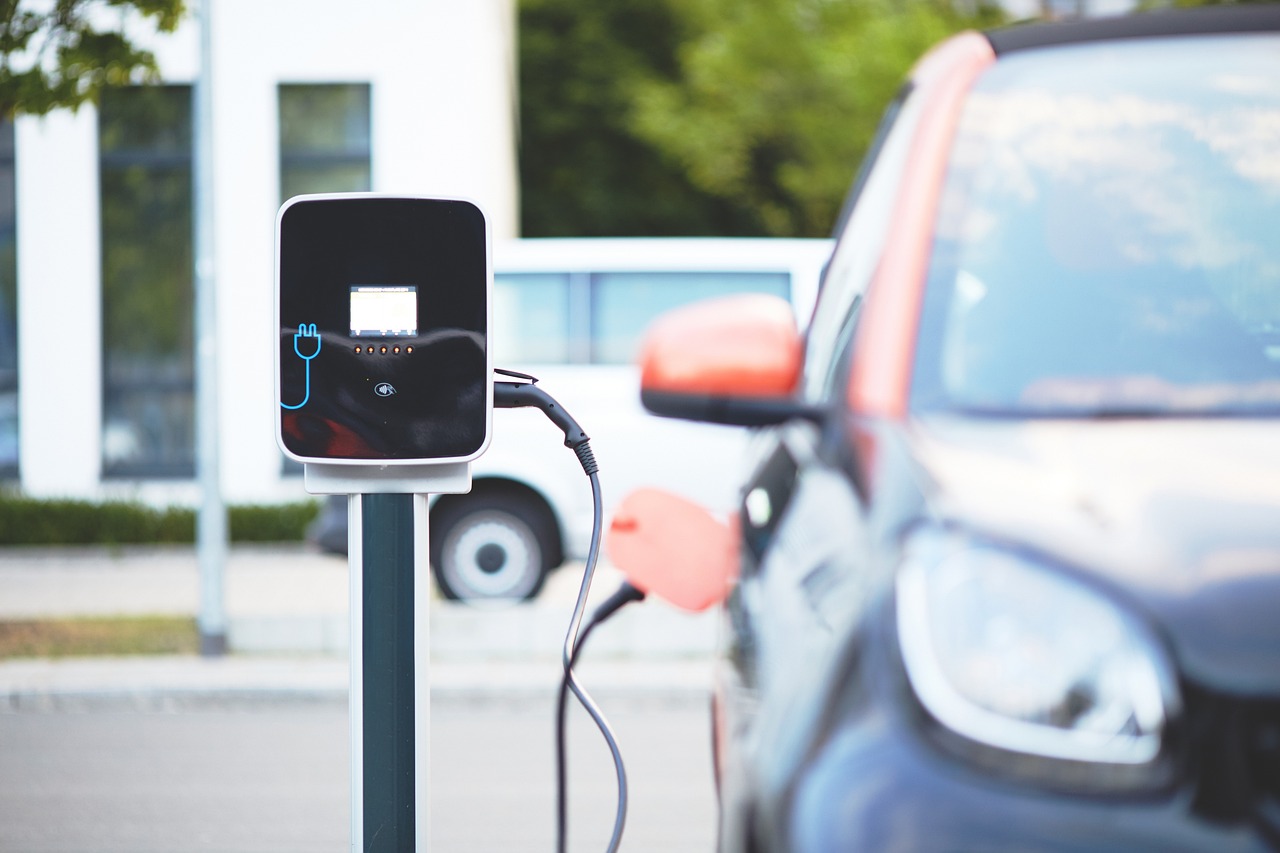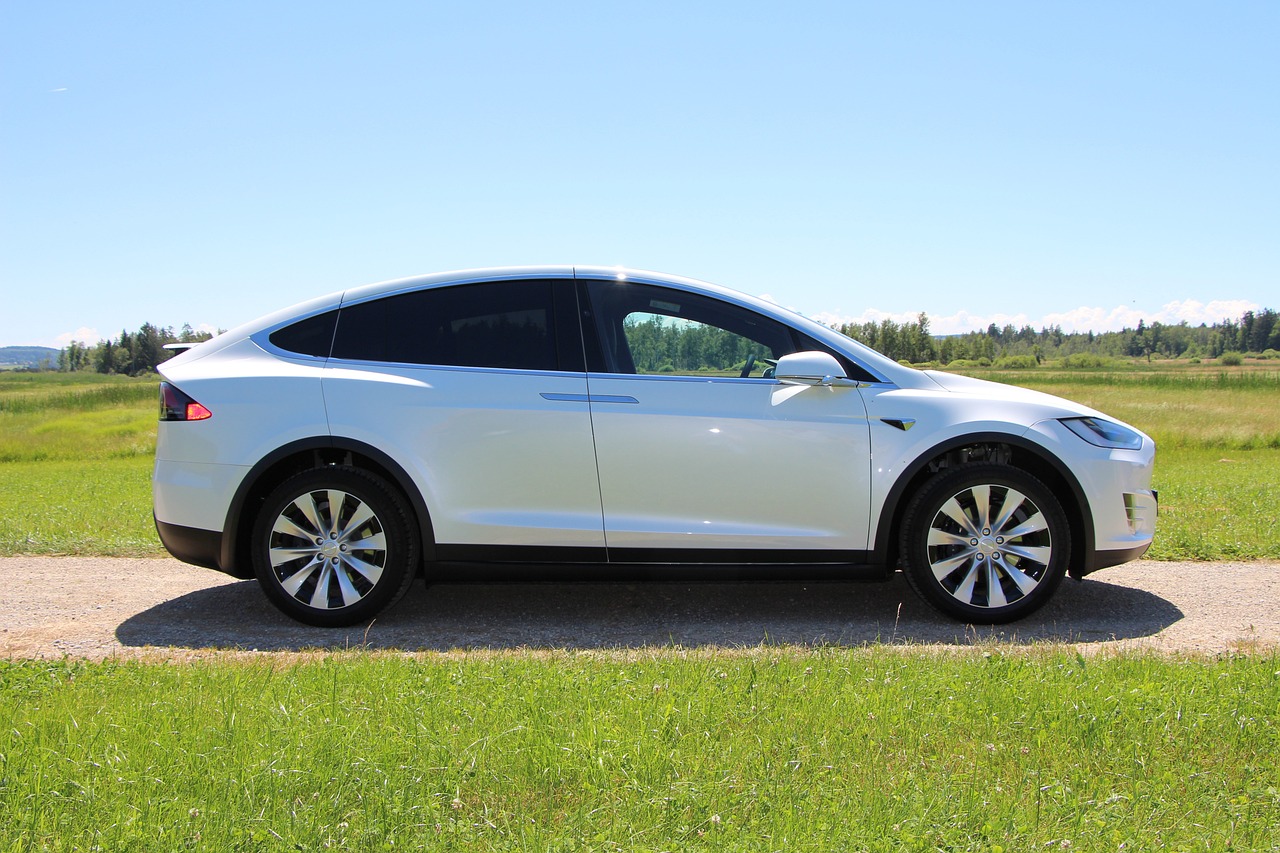Electric vehicles (EVs) are no longer a futuristic concept but a rapidly growing reality. What once was seen only in the sci-fi wondering of movies, shows and books, has become reality for anyone who thinks about alternative fuel sources and the environment.
As technology advances and environmental concerns intensify, EVs are poised to revolutionize the automotive industry. So let’s talk a little about the future of electric vehicles and their profound impact on traditional automotive markets.

Keep the motor running
The heart of any electric vehicle is its battery, and significant advancements are being made in this area. Traditional lithium-ion batteries are being optimized for greater capacity, faster charging, and longer lifespan. Emerging technologies, such as solid-state batteries, promise even greater improvements by offering higher energy densities, enhanced safety, and reduced charging times. These advancements are crucial for alleviating range anxiety and making EVs more practical for everyday use.
Despite the progress, technical challenges remain. Battery recycling and disposal are critical issues that need to be addressed to prevent environmental harm. Range anxiety, although diminishing, is still a concern for potential buyers. Standardizing charging protocols is essential to ensure compatibility across different EV models and charging networks. If your car is broken and you need to buy some new spare parts to it you can visit Ovoko to find cheap new parts to your car.
Charging Infrastructure
A robust and widespread charging infrastructure is essential for the mass adoption of EVs. The development of fast-charging networks, such as Tesla’s Supercharger stations, is reducing charging times significantly. Innovations in wireless charging technology, where EVs can charge simply by parking over a charging pad, are also being explored. Integrating renewable energy sources into the charging network can further reduce the carbon footprint of EVs.
The expansion of public and private charging networks is crucial for the widespread adoption of EVs. Urban planning must incorporate EV-friendly infrastructure, such as dedicated parking spaces with charging stations. Smart grid technologies can optimize the distribution of electricity, making the charging process more efficient and reducing strain on the grid.
Self-driving vehicles
Electric vehicles are at the forefront of autonomous driving technology. Companies like Tesla, Waymo, and Cruise are integrating advanced AI, sensors, and V2X (vehicle-to-everything) communication systems to develop self-driving cars. Autonomous EVs could revolutionize transportation, making it safer, more efficient, and accessible to a wider population.
Consumer Preferences
Consumer attitudes towards EVs are shifting rapidly. Concerns about climate change and pollution, coupled with rising fuel costs, are driving consumers towards cleaner alternatives. Government incentives, such as tax rebates and subsidies, are making EVs more affordable. As a result, EV sales are expected to continue their upward trajectory, with some projections suggesting they could dominate the market by the 2030s.
Industry Shifts
Traditional automakers are adapting to this paradigm shift by investing heavily in EV technology. Companies like General Motors, Ford, and Volkswagen are rolling out new electric models and committing to phasing out internal combustion engines (ICEs) in the coming decades. Strategic partnerships and acquisitions are also common as companies seek to strengthen their EV capabilities.
New Market Entrants
The rise of EVs has paved the way for new players in the automotive industry. Tesla, Rivian, and Lucid Motors are challenging established automakers with innovative designs and advanced technologies. These new entrants are not just focusing on vehicles but also on creating comprehensive ecosystems that include energy storage solutions and charging infrastructure.
Economic and market barriers also exist. The high initial cost of EVs can deter some consumers, although this is expected to decrease as technology advances and economies of scale are achieved. Competition from hybrid vehicles, which offer a compromise between ICEs and EVs, can also impact the adoption rate of pure electric vehicles. Additionally, the pace of infrastructure development varies across regions, creating disparities in EV accessibility.
Countries like Norway, China, and regions such as California are leading the way in EV adoption. Norway’s comprehensive incentives and infrastructure support have resulted in EVs making up over half of new car sales. China’s aggressive policies and investments have made it the largest market for EVs. California’s stringent emission standards and supportive policies have fostered a thriving EV market.
Environmental Benefits

Electric vehicles offer significant environmental benefits. They produce zero tailpipe emissions, reducing air pollution and greenhouse gas emissions. As the electricity grid becomes greener with more renewable energy sources, the overall carbon footprint of EVs will decrease further. This transition is crucial for meeting global climate goals and reducing dependency on fossil fuels.
The integration of renewable energy sources, such as solar and wind, into the charging infrastructure can further reduce the environmental impact of EVs. By using clean energy to power EVs, the overall sustainability of the transportation sector can be significantly improved.
Economic Implications
The shift to electric vehicles has broad economic implications. It is creating jobs in new sectors, such as battery manufacturing and charging infrastructure development. However, it also poses challenges for traditional automotive manufacturing and the oil industry. Countries and companies heavily invested in these sectors will need to adapt to avoid economic disruptions.
The future of electric vehicles is bright, with the potential to transform the automotive industry and significantly reduce our environmental impact. As technology advances, market dynamics shift, and supportive policies are implemented, EVs will play an increasingly central role in our transportation systems. The transition to electric vehicles represents not just a change in how we drive, but a fundamental shift towards a more sustainable and technologically advanced future.
We have to remember, that what once only existed in the realms of science fiction has rapidly become our new world when it comes to our motor vehicles. So one can only wonder how things will change more in the future as we continue to turn fiction to factual every day life with changes to our environment and the auto world.
